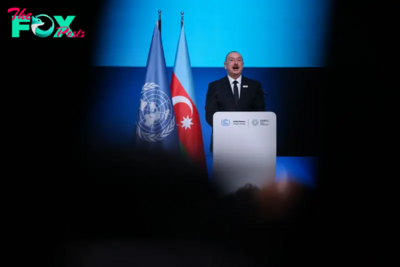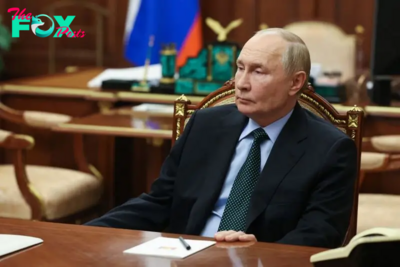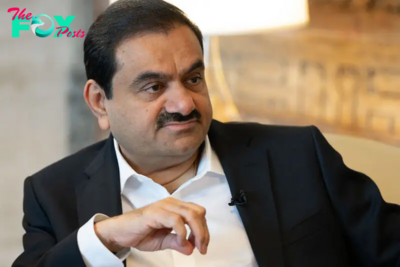World News
50 European Leaders Assess How Trump Will Affect Their Fortunes
BUDAPEST, Hungary — Around 50 European leaders, including Ukrainian President Volodymyr Zelenskyy and NATO Secretary-General Mark Rutte, will be reassessing their trans-Atlantic relations in the hope that Donald Trump's second U.S. presidency will avoid the strife and political pitfalls of his first administration.
Further compounding an already complicated situation, Germany — Europe's troubled economic juggernaut — sank into political crisis after German Chancellor Olaf Scholz fired his finance minister. It raises the specter of an election in a few months and yet another standoff between the emboldened hard right and the establishment parties in Europe.
Read More: How Trump Won
Those two combined “adds even more pepper and salt to this situation,” Polish Prime Minister Donald Tusk said.
But the U.S. election fallout still took center stage.
“Our relationship with the U.S. is essential and we are ready to deepen it,” European Council President Charles Michel said.
The 27 nations from the European Union bloc will be meeting in a separate summit as soon as other leaders from the United Kingdom, Turkey and the Balkans leave in the evening.
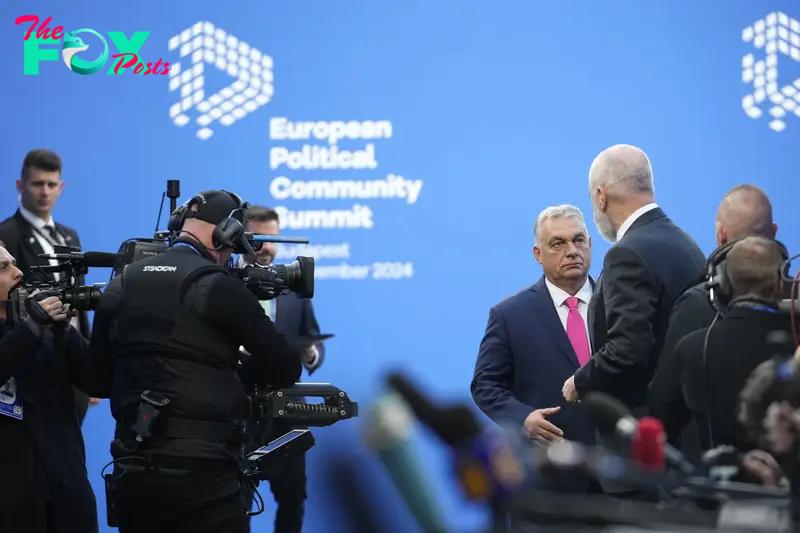
During his election campaign, Trump has threatened anything from a trade war with Europe to a withdrawal of NATO commitments and a fundamental shift of support for Ukraine in its war with Russia — all issues that could have groundbreaking consequences for nations across Europe.
Hungarian Prime Minister Viktor Orbán, the summit's host and an ardent Trump fan, said early Thursday that he already had a phone call with the incoming president overnight, announcing that “We have big plans for the future!”
Read More: How Far Trump Would Go
So did hard-right Italian Prime Minister Giorgia Meloni, who lauded the “deep and historic strategic partnership that has always tied Rome and Washington.”
That partnership came under constant pressure during Trump’s first term, from 2017-2021.
Trump’s administration slapped tariffs on EU steel and aluminum in 2018, based on the claim that foreign products, even if produced by American allies, were a threat to U.S. national security. Europeans and other allies retaliated with duties on U.S.-made motorcycles, bourbon, peanut butter and jeans, among other items.
Read More: What Donald Trump’s Win Means for the Economy
The impact of the U.S. election result could be felt in Europe for years to come, on issues including the wars in Ukraine and the Middle East, as well as migration and climate change.
Among the leaders due to attend on Thursday is Zelenskyy, who is expected to make another plea for more aid as his country fends off Moscow’s invasion. The timing is laden with significance as Trump has vowed to end the war “within 24 hours” of being elected — something leaders in Kyiv interpret as an impending evaporation of U.S. support following Trump's win.
-

 World News2d ago
World News2d agoWhy New Zealand’s Founding Treaty Is in Focus as Thousands Protest for Māori Rights
-
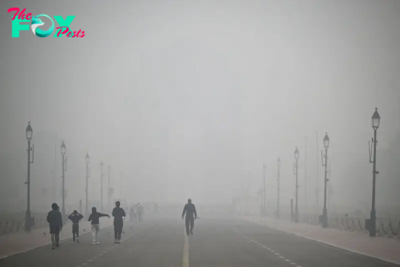
 World News2d ago
World News2d agoIndia’s Capital Chokes as Air Pollution Levels Hit 50 Times the Safe Limit
-
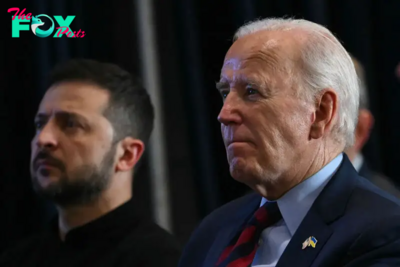
 World News2d ago
World News2d agoBiden Authorizes Ukraine to Use U.S.-Supplied Long-Range Missiles Against Russia
-

 World News2d ago
World News2d agoIsraeli Strikes in Gaza and Lebanon Kill Dozens, Including Hezbollah’s Spokesman
-
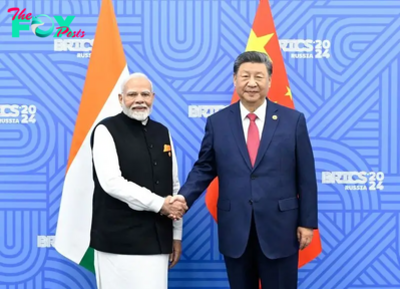
 World News2d ago
World News2d agoWhy India and China Are Finally Starting to Patch Things Up
-

 World News2d ago
World News2d agoFire Engulfs Hospital Ward in Northern India, Killing 10 Newborn Babies
-

 World News3d ago
World News3d agoBen & Jerry’s Lawsuit Accuses Parent Company of Censorship Over Gaza
-

 World News3d ago
World News3d agoPayal Kapadia on Her Gently Radical Drama All We Imagine as Light
